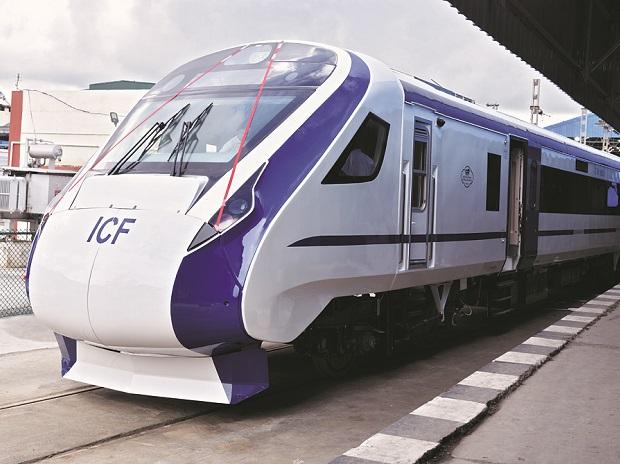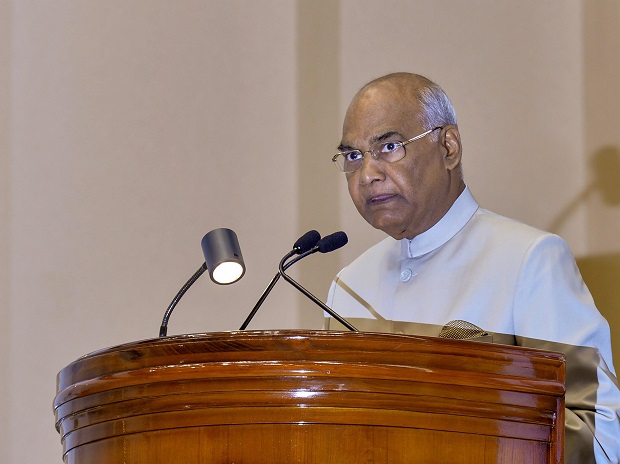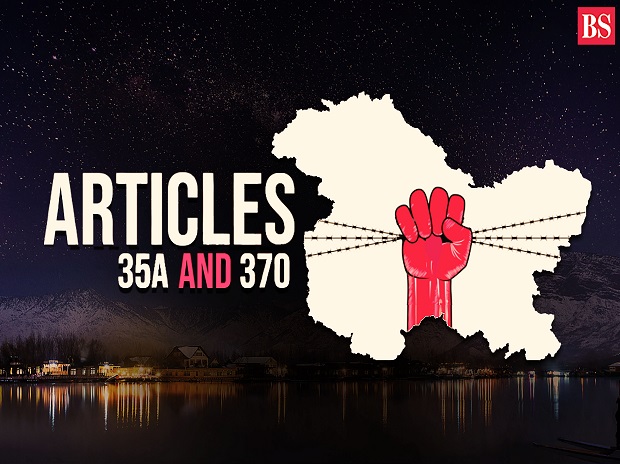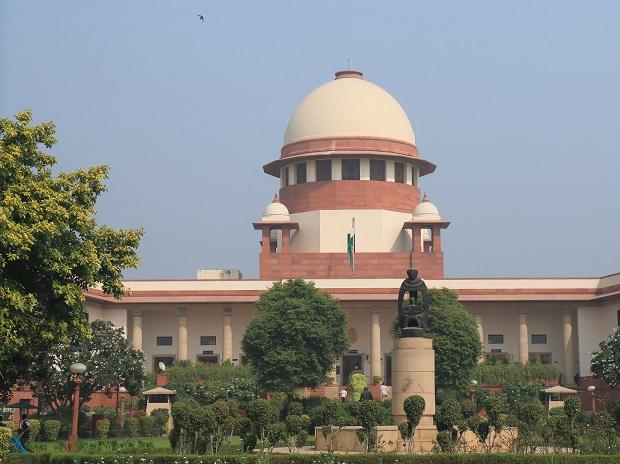Amit Shah flags off Delhi-Katra Vande Bharat Express; calls it gift for J&K

Union Home Minister Amit Shah on Thursday flagged off the Delhi-Katra Vande Bharat Express from the New Delhi Railway Station and said it was a "big gift" for Jammu and Kashmir's development. Shah also said that Article 370 was the "biggest roadblock" in the state's development and within 10 years, it will be one of the most developed regions of the country. "Delhi-Katra Vande Bharat Express is a big gift for Jammu and Kashmir's development and for promoting religious tourism," said Shah, who was accompanied by Union Railway Minister Piyush Goyal, Union Ministers Dr Jitendra Singh and Dr Harsh Vardhan. Train number 22439 New Delhi-Katra Vande Bharat Express will depart from the New Delhi Railway Station at 6 am to reach Katra at 2 pm. En route, the train will halt at Ambala Cantt, Ludhiana and Jammu Tawi for two minutes each. On the return journey the same day, train number 22440 Katra-New Delhi Vande Bharat Express will leave fr...





